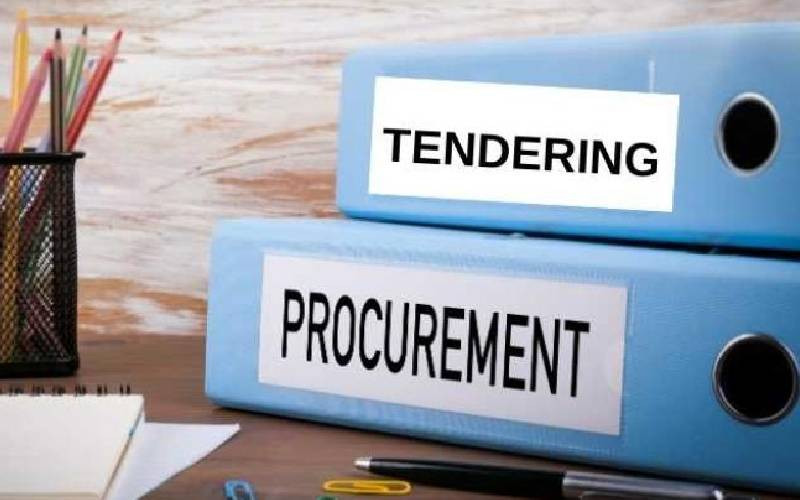×
The Standard e-Paper
Home To Bold Columnists

Public sector bidding for the supply of goods and services has always been lucrative.
Government tenders have changed the lives of many businessmen who spend millions or billions of shillings with the hope of great returns.